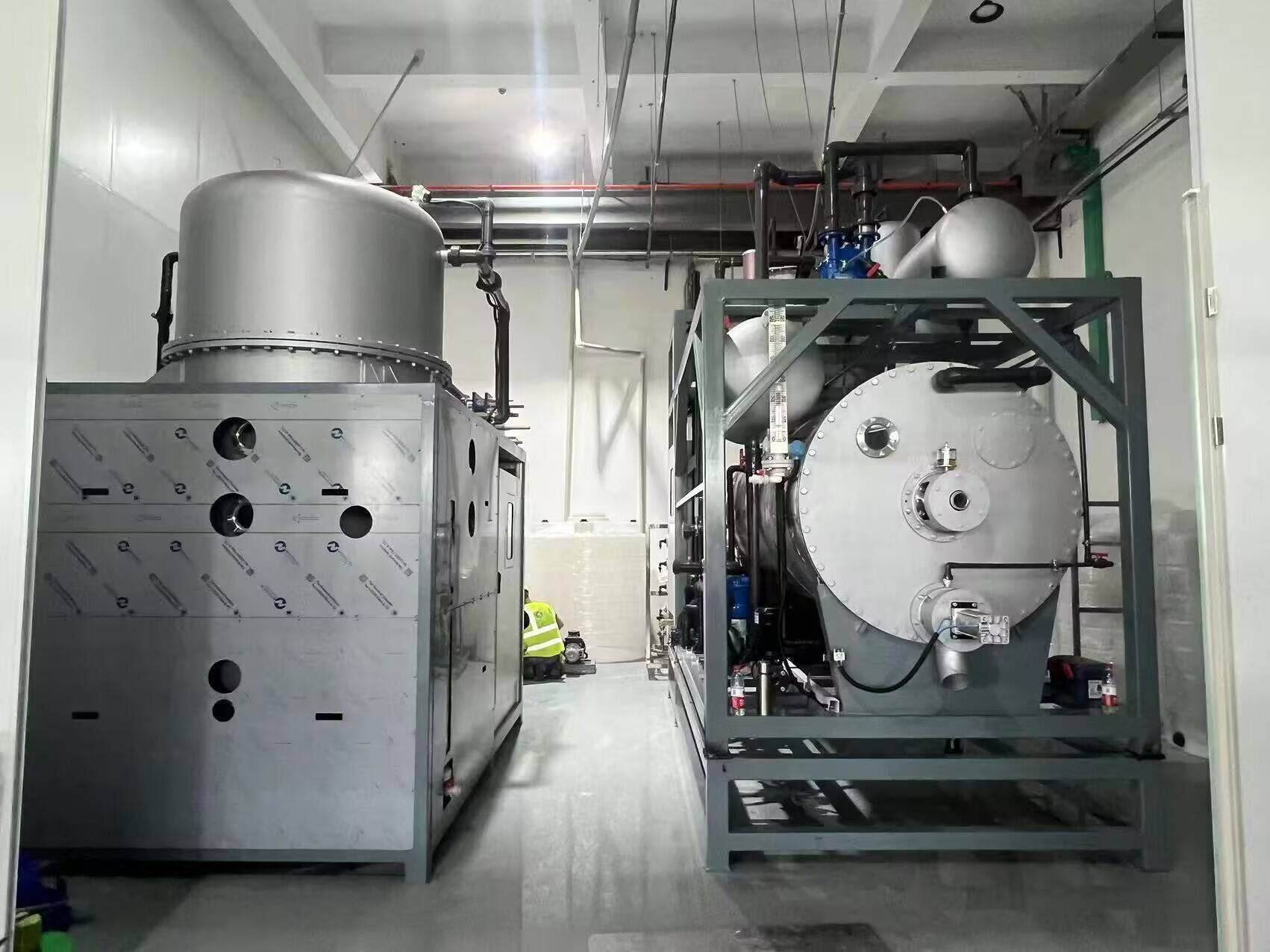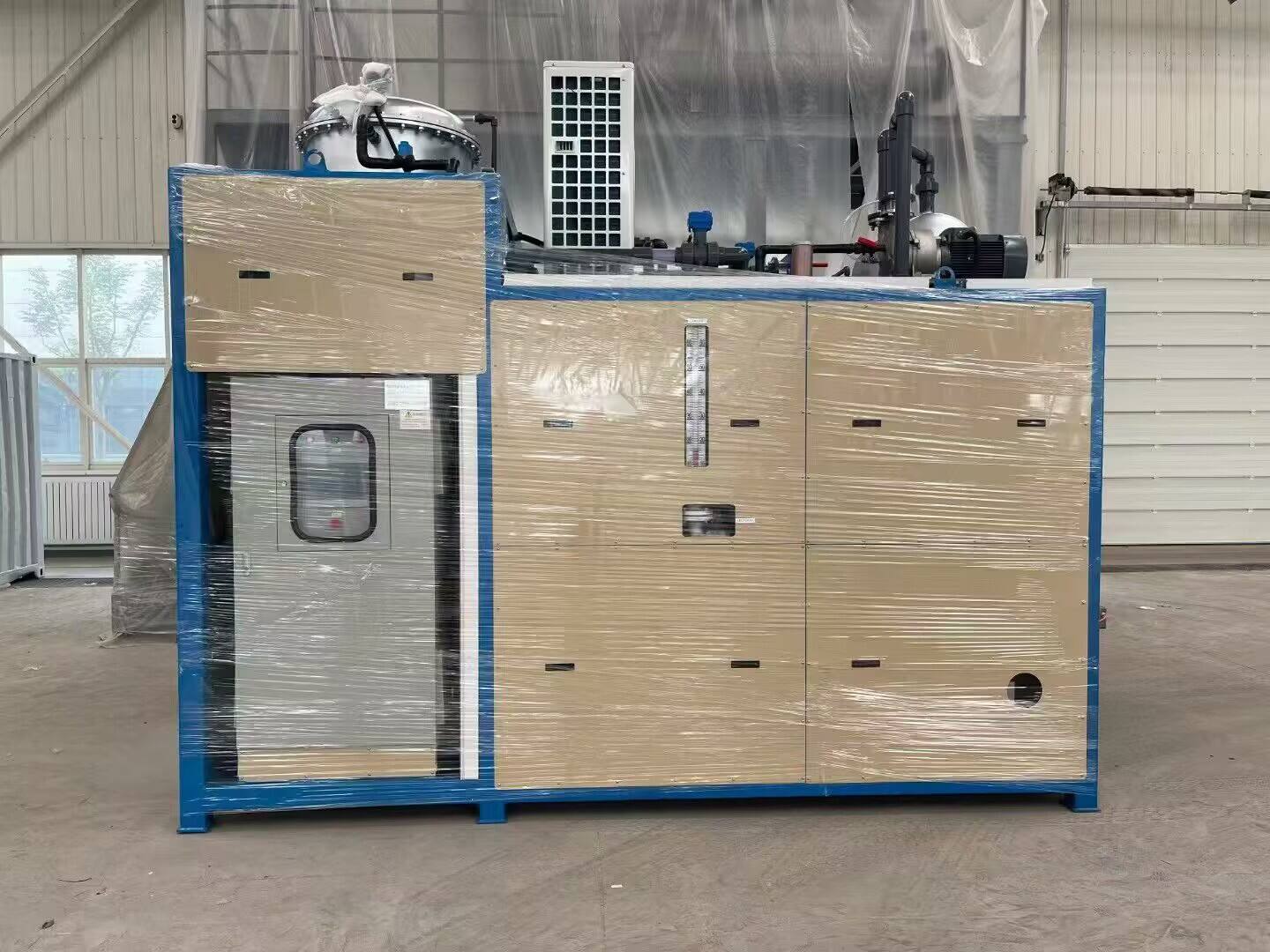wastewater equipment
Wastewater equipment represents a crucial component in modern water treatment systems, incorporating advanced technologies to effectively process and purify contaminated water. These sophisticated systems combine mechanical, biological, and chemical treatment processes to handle various types of wastewater from industrial, commercial, and municipal sources. The equipment typically includes primary settling tanks, biological reactors, membrane filtration systems, and advanced oxidation units, working in harmony to remove pollutants, suspended solids, and harmful microorganisms. Modern wastewater equipment features automated control systems, energy-efficient motors, and smart monitoring capabilities that ensure optimal performance while minimizing operational costs. The systems are designed with scalability in mind, allowing for modular expansion as treatment needs grow. Key technological features include real-time monitoring sensors, automated chemical dosing systems, and advanced filtration membranes that achieve superior purification results. These systems are particularly valuable in industrial applications where specific contaminants must be removed to meet stringent environmental regulations. The equipment's versatility allows it to handle varying flow rates and contamination levels, making it suitable for both small-scale operations and large municipal treatment facilities.


